AI Is Becoming the New Coder: How Meta and Microsoft Are Redefining Software Development
Artificial Intelligence is no longer just a support function—it is rapidly evolving into a core component of how software is created. Two of the world’s most influential tech companies, Meta and Microsoft, are at the forefront of this profound shift, fundamentally reshaping the software development process as we know it. This transformation isn’t merely about automation; it’s about a new, collaborative paradigm that redefines the role of the human engineer and dramatically accelerates the entire development lifecycle. At the heart of this transition is a bold new vision where AI tools are no longer passive assistants but active co-developers. For a deeper look at this new reality, please refer to the source article on CAIO Connect.
Already, these AI systems are taking on substantial responsibilities, from writing production code and performing complex debugging to streamlining testing procedures. What was once considered a mere novelty is now quickly becoming a standard practice across the industry. This shift is highlighted by the internal practices of major tech players. For example, Microsoft reports that a significant percentage of its code is now written by AI. In some cases, AI handles nearly all of the initial drafting, freeing up human engineers to step into the crucial roles of reviewers, refiners, and architectural thinkers. The shift is not about replacing developers, but rather about empowering them to focus on higher-level, strategic work. You can read more about this change in the source article at https://caioconnect.org/ai-is-becoming-the-new-coder/.
From Code Writers to Code Supervisors
A similar transformation is underway at Meta, which is making significant investments in AI systems designed for comprehensive coding tasks. These systems are capable of not only writing code but also autonomously testing and optimizing it. The company has a forward-looking goal to have AI be responsible for half of its total engineering output. This evolution enables Meta’s teams to build faster, experiment more boldly with new ideas, and respond with greater agility to the constantly changing demands of the market. The role of the engineer is fundamentally changing from hands-on coding to supervising and guiding these powerful AI tools. This shift towards a supervisory role is one of the most important changes in modern software development. For more on how these roles are evolving, please see the original article on CAIO Connect.
Building the Infrastructure to Scale
To support this new paradigm, both companies are making monumental investments in AI infrastructure. Billions of dollars are being poured into building massive GPU clusters, state-of-the-art data centers, and large-scale training systems. These investments are critical for more than just scaling up current operations. Their true purpose is to enable the development of smarter, more context-aware AI agents that can truly understand a project’s long-term goals, design principles, and overall business logic. These moves are not short-term experiments; they represent a long-term commitment to AI as a foundational and transformative force in enterprise software development. For more details on these infrastructure investments, visit the source link: https://caioconnect.org/ai-is-becoming-the-new-coder/.
What This Means for the Industry
The implications of this shift extend far beyond these tech giants. As AI development platforms become more accessible and affordable, companies of all sizes are beginning to explore how AI can dramatically reduce development time, cut costs, and unlock new product possibilities that were previously out of reach. For the individual developer, this change signals the need for a new and evolving skill set. Skills like understanding how AI systems function, mastering prompt engineering, and developing effective oversight frameworks may soon become just as essential to a successful career as knowing a specific programming language. You can find more insights on this industry-wide transformation in the original article at CAIO Connect.
The Future is Collaborative
Looking ahead, the relationship between humans and machines in the world of coding is poised to become more collaborative than ever before. Developers will not be replaced; they will be empowered to be more creative and strategic. AI will efficiently handle the repetitive and scalable tasks, while humans will be responsible for providing the overarching vision, context, and ethical guidelines. The companies leading this change—Meta and Microsoft—are not just accelerating the pace of development; they are actively reimagining what software engineering can and should be. They are building a future where AI and human creativity work hand in hand to create more innovative and impactful technology. For more on this collaborative future, see the source link at CAIO Connect.
For more content on the latest AI news and developments, please visit our website, https://latestainews.ai/. If you have any questions or feedback, you can reach out to us through our contact page.
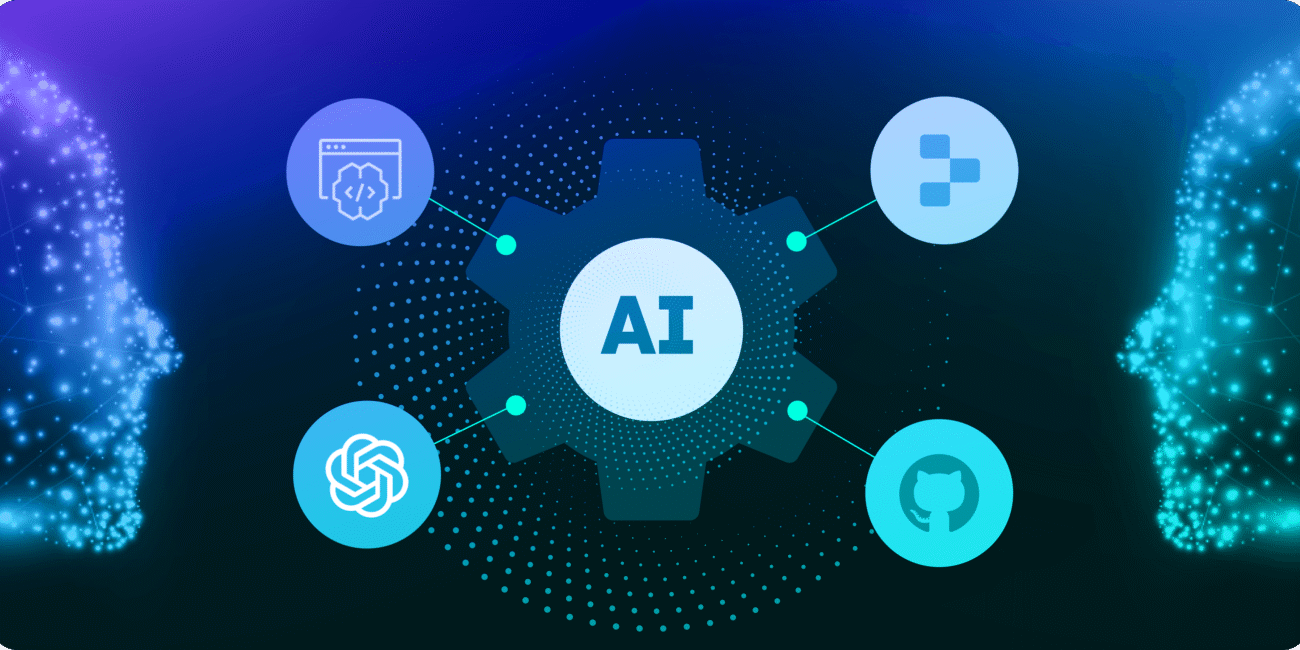
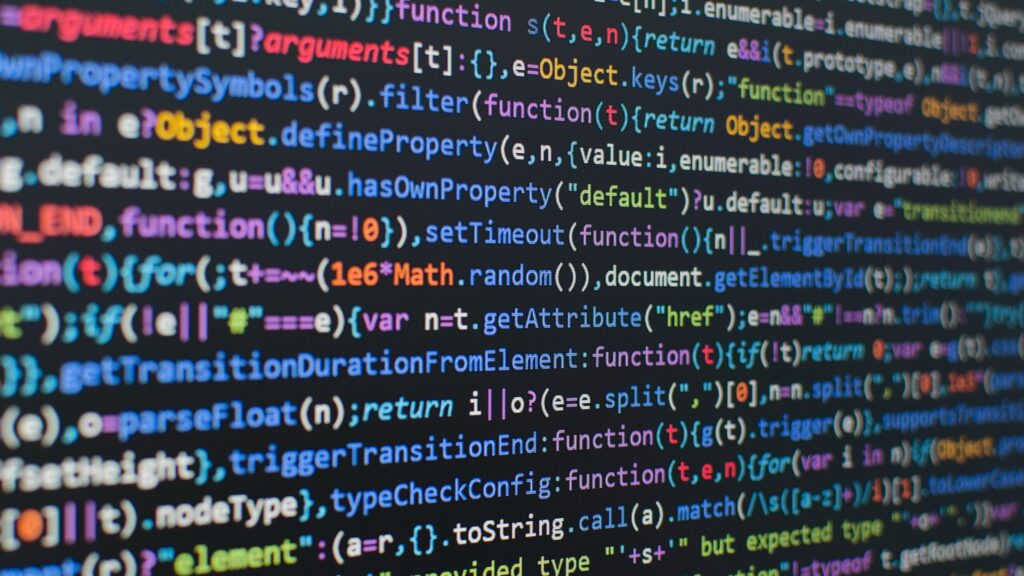
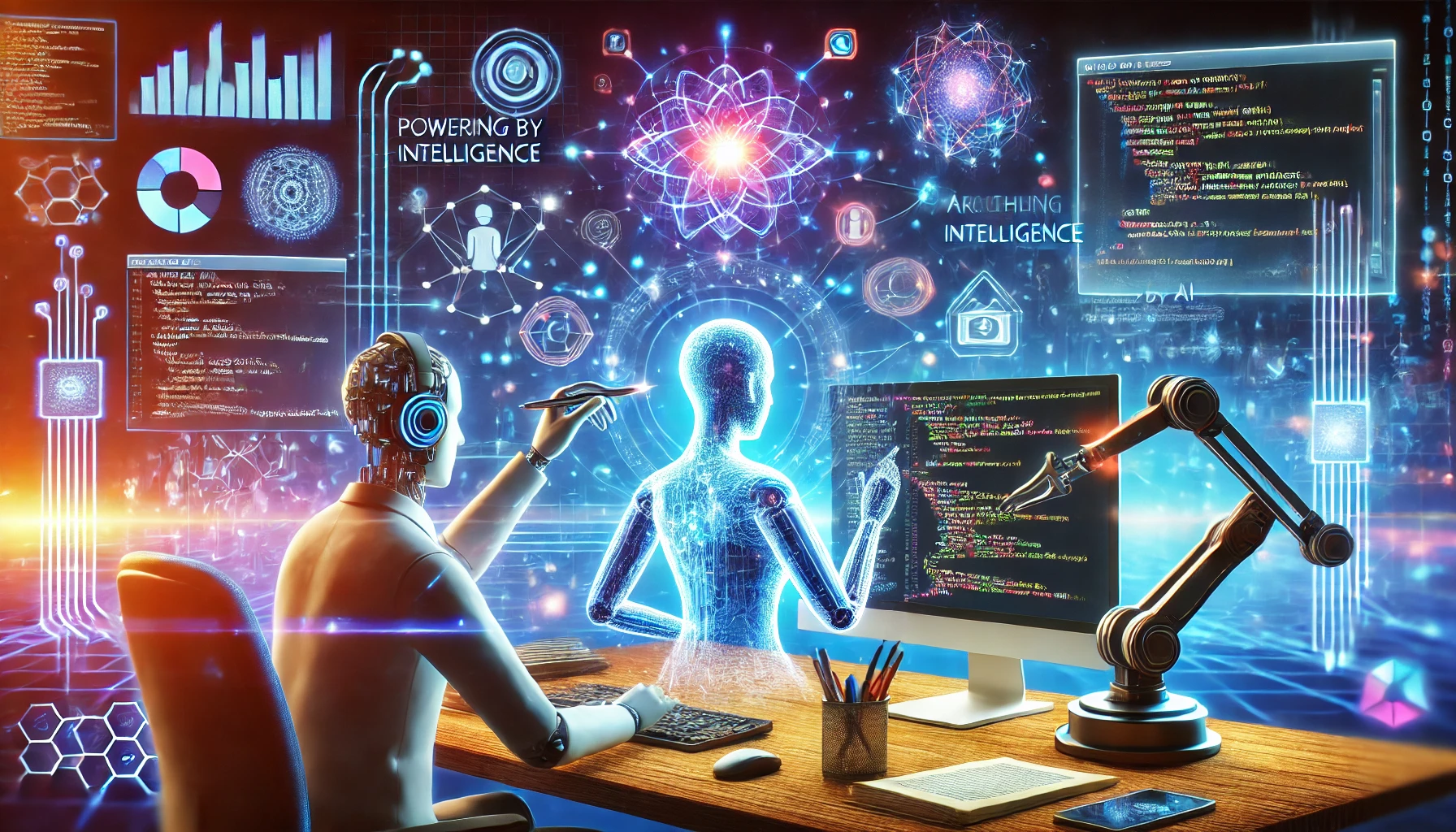




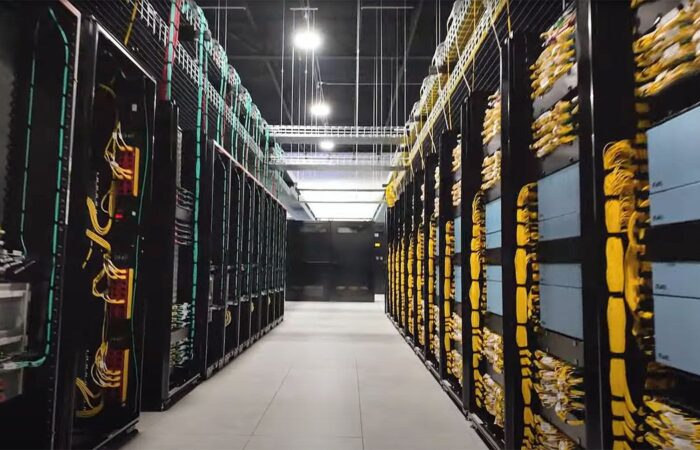
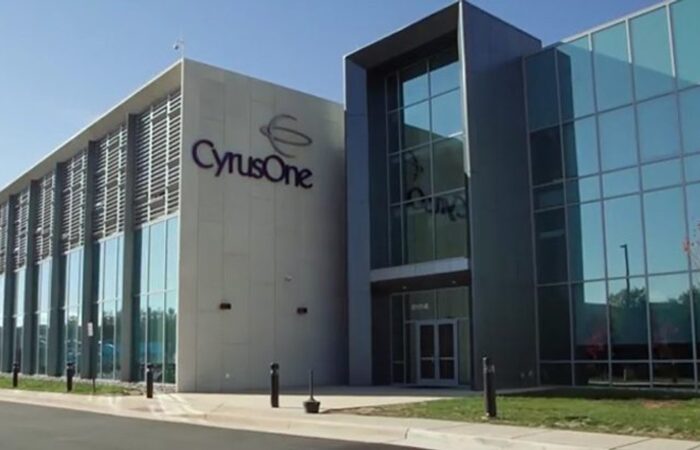
No Comment! Be the first one.